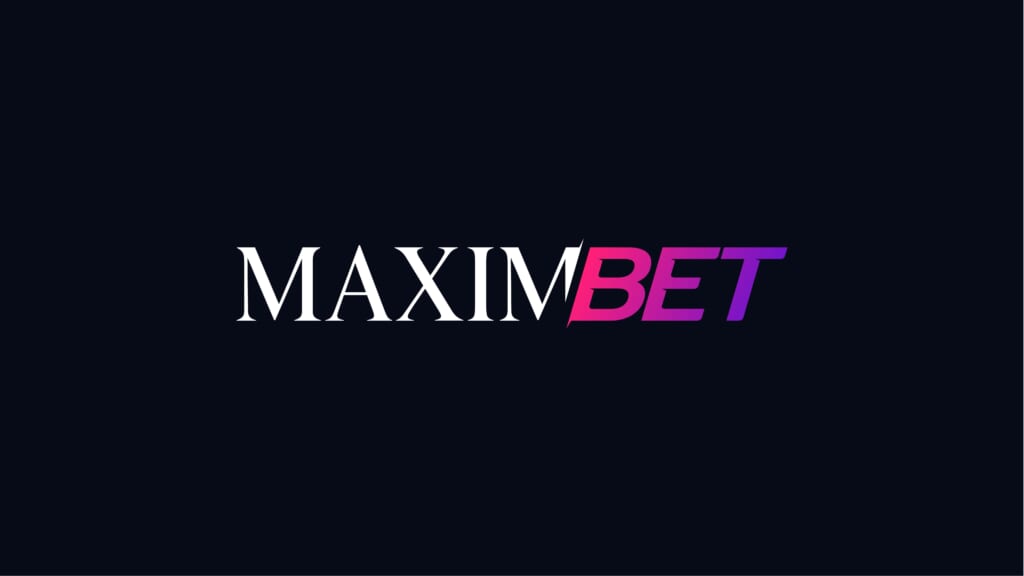MaximBet Becomes First Sports Betting Company to Offer NCAA Female Athletes NIL Sponsorships
MaximBet’s groundbreaking NIL sponsorship deal is exclusive to female student athletes in Colorado.

Rebecca Gonzales purchased chicken, broccoli, eggs, carrots, milk and popcorn last Tuesday in downtown Denver and she paid, as they say in the gambling world, with house money.
Gonzales, an NCAA Division II softball player who boasts a career batting average of .386, was picking up a few items for her and her roommates who all play at MSU-Denver. Neither mom nor the athletic department nor the local supermarket picked up the grocery bill. No, this week, the benefactor was online sports betting company MaximBet.
The MaximBet money Gonzales used to buy groceries represented her first taste, quite literally, of the opportunity college athletes now have as part of the new NIL (Name, Image and Likeness) rules that were established in the wake of a huge U.S. Supreme Court victory. The NIL rights now belong to the student-athletes themselves rather than their schools, and the payoffs are coming in big and small.
“I think it’s a really big deal,” Gonzales said of the MaximBet NIL Sponsorship opportunity. “We aren’t the ones getting $1 million NIL deals because we can throw a football. Only now are we starting to see college softball and women’s basketball get equal billing.”
MaximBet is the first sportsbook to offer NIL sponsorships exclusively to female athletes, and for all those sports fans out there who believe the girls are being shown favoritism, we have a question: Did you think of that argument while watching women’s college football last weekend? Of course not.
Athletes in the biggest Division I programs are accustomed to playing in front of stadiums filled with 100,000 fans or arenas packing in 20,000-plus. The women? They toil on empty playing fields and in silent gymnasiums where a few dozen spectators are considered a solid crowd.
But women get it. They know their sports have been underserved and underappreciated for decades, which is why the MaximBet promotion is extra special. Dudes who want it cannot get it. This is for ladies only, gents.
“It’s not something that I would have expected to see in the first year of the law being changed,” Gonzales said.
In this case, the money came from MaximBet as part of a promotion that seeks to sign up as many female athletes in the State of Colorado as possible.
Female student athletes from Division I, II or III who choose to accept the open offer will commit to four-month engagements and receive a cash payment of $500, invitations to parties, merchandise and more. In order to become a member of the MaximBet NIL team, eligible athletes must follow the brand on Facebook, Instagram, TikTok and Twitter, and send a DM through any of those platforms indicating interest.
Gonzales cleared the details of the partnership with the MSU-Denver athletic department, fulfilled the Instagram and Twitter part of the deal, filled out her banking information through OpenDorse and voila, received a $50 direct deposit as the first installment of her NIL payment. Gonzales was MaximBet’s first NIL athlete.
“We wanted to start building awareness and connecting with the local Colorado community,” said Doug Terfehr, vice president of brand and communications at MaximBet. “We saw that student athletes were not excluded from the right to partner with sports betting brands so we thought it was a great opportunity to give back to that female community.”
Some might expect that the modern-day Quakers and fun-haters and thought-police zealots would be up in arms over MaximBet’s market-blazing initiative. But that hasn’t happened in the least bit.
“The response from the industry and the market has been nothing less than supportive,” Terfehr said. “They recognize our purpose is to support these athletes and our local communities.”
This type of outcome is probably not what Shawne Alston, a West Virginia football player, would envision as one of the tangible benefits that have been derived from the Supreme Court’s 9-0 decision earlier this year in his favor.
The Alston case was a sequel to a case filed by former UCLA player Ed O’Bannon against the NCAA because the organization was using players’ names, images and likenesses in video games, and the athletes were getting squat.
The NCAA argued then, and in the Alston case, that a college scholarship along with room and board and a spending stipend was reasonable compensation.
Now there are female athletes all over Colorado learning of the offer and signing up with MaximBet. Gonzales learned about it through the boyfriend of a teammate. She passed along word to a volleyball player, who has also signed and plans to inform a basketball player friend who’s turning 21, thus becoming eligible.
“It is definitely more than exciting because it has just all happened within the past year,” Gonzales said.
MaximBet has not specified of Colorado female athletes it wants to sign. The reason? It is just not that kind of thing. It’s an altruistic project, and the fact that is coming from a gambling company just goes to show that sports betting entities aren’t just trying to get deep into your wallet. They are trying to develop brand loyalty in a highly competitive marketplace while urging their customers to make responsible and reasonable choices.
And anyone who’s ever been a struggling college student knows that $500 is a significant amount.
Tip of the cap to MaximBet for being a leader in this new, NIL space many are trying to navigate. It seems very clear, a lock if you will, that MaximBet is going to do this the right way.
Enter the MaximBet Big Game Contest for a chance to send you and three friends to Super Bowl LVI in Los Angeles. Tickets, lodging, airfare and expenses are paid for, and you’ll get to hang with us at the Maxim Super Bowl Party. It’s free to enter so go ahead and roll the dice here.
